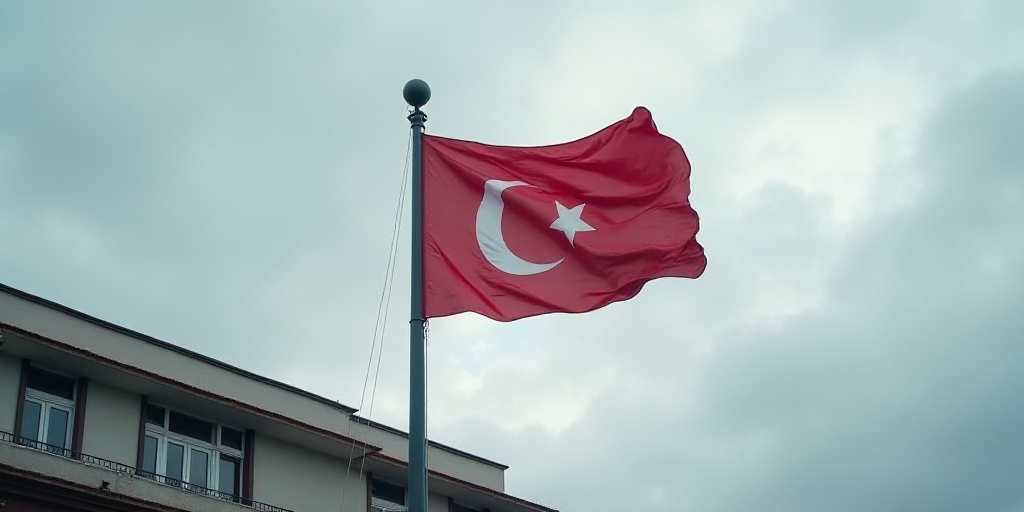Introduction
In Tel Aviv, enjoying a perfect cappuccino and crispy croissant on a peaceful street, it’s hard to imagine the ongoing bombardment and shootings just 69 kilometers away in Gaza. While life appears civilized on the surface, it’s easy to forget the suffering of others. Despite this, most Israelis share Prime Minister Benjamin Netanyahu’s view that Palestinians pose an existential threat.
Tel Aviv’s Progressive Stance
Tel Aviv, a predominantly secular and progressive city, shows clear opposition to the war and Netanyahu’s attempts to prolong it. Daily demonstrations against the war and public servant dismissals due to Netanyahu’s autocratic impulses are common, with people labeling him and his extremist cabinet as fascists and war criminals.
Concerns about the war’s impact on democratic institutions, such as weakening the judiciary, are widespread. Some have even considered leaving Israel if their children were called to serve.
The Pro-Democracy Movement’s Blind Spot
Despite the strong anti-war sentiment, there’s a noticeable absence of mentioning Palestinians in protests and discussions. Protest signs focus on bringing home hostages, and both left-wing and right-wing Israelis wear yellow ribbons. Art installations in front of the Tel Aviv Museum of Art express the anguish over hostages, many of whom have already perished in Gaza’s sweltering tunnels.
Television panels deplore the ongoing war but fail to show the suffering of Palestinian civilians being killed, maimed, expelled from their homes, or starved. Although Haaretz continues to report these atrocities, only 4% of Israelis read this progressive newspaper. Most choose to ignore the Palestinian suffering, or worse, view discussing it as inappropriate, fearing it might incite antisemitism.
The October 7 Impact
A middle-aged woman in Jerusalem, vehemently opposed to Netanyahu and the war, spoke both Arabic and created a commendable charity for the poor. When asked if her beneficiaries included Arabs, she sighed and said it would be ideal. She explained that Palestinians declared they wanted peace but unanimously supported the killing and kidnapping of over 1,200 Israelis on October 7, 2023. This event reminded her of the Nazi Holocaust.
This view isn’t merely intolerance or racism; many Israelis share it. Criticizing Israeli oppression of Palestinians and indifference to their suffering is valid, but underestimating the impact of October 7 is absurd. Overnight exposure to such brutality revived memories of centuries of persecution, murder, and humiliation.
Even if Netanyahu were less cynical and committed to prolonging the war for extremist support, the idea that Palestinians, especially Hamas, pose an existential threat to Jews persists. Netanyahu has promoted this notion more than any of his predecessors, claiming only he can protect Jews from a second Holocausto.
Key Questions and Answers
- Q: Why do many Israelis still view Palestinians as an existential threat despite Netanyahu’s declining popularity? A: Despite opposing Netanyahu’s war efforts and autocratic tendencies, most Israelis share his view on the Palestinian threat due to the October 7 events, which evoked memories of historical persecution.
- Q: How do pro-democracy protests in Israel address the Palestinian issue? A: While these protests strongly oppose the war and Netanyahu’s actions, they largely ignore the Palestinian perspective, focusing instead on Israeli hostages and democratic institutions.
- Q: What factors contribute to the Israeli public’s indifference to Palestinian suffering? A: A combination of factors, including media focus on Israeli casualties and a belief that discussing Palestinian suffering might incite antisemitism, contributes to this indifference.
The Author
Ian Buruma is the author of “Spinoza: Freedom’s Messiah” (Yale University Press, 2024).
Translation: Esteban Flamini
Copyright: Project Syndicate, 1995 – 2025
www.project-syndicate.org






